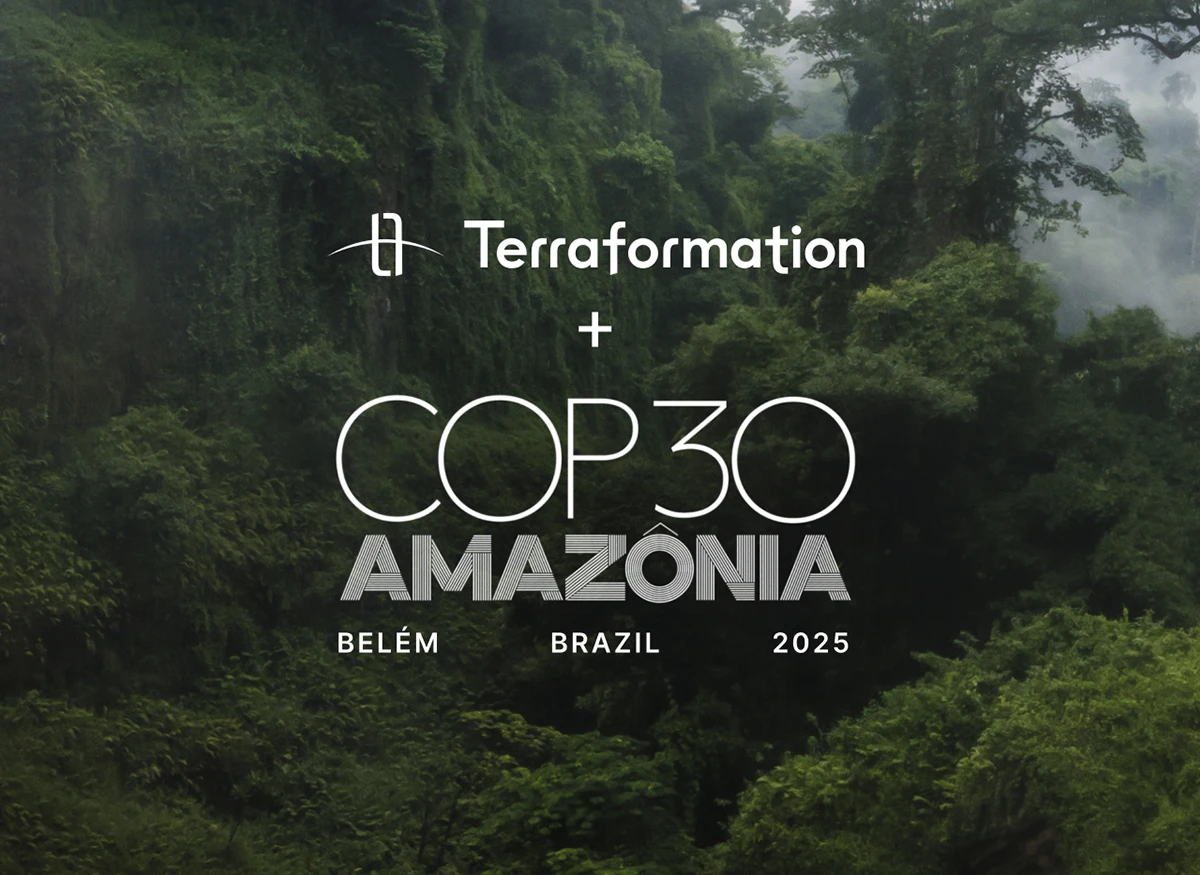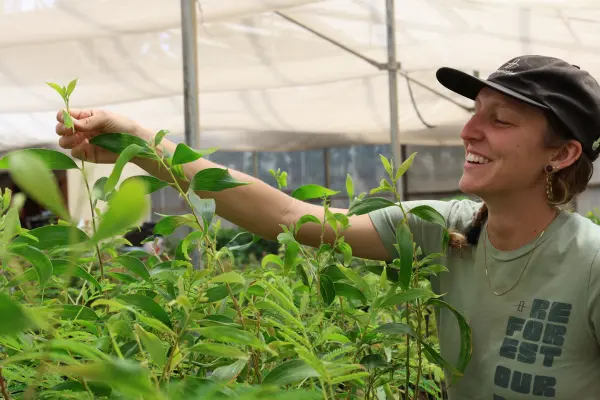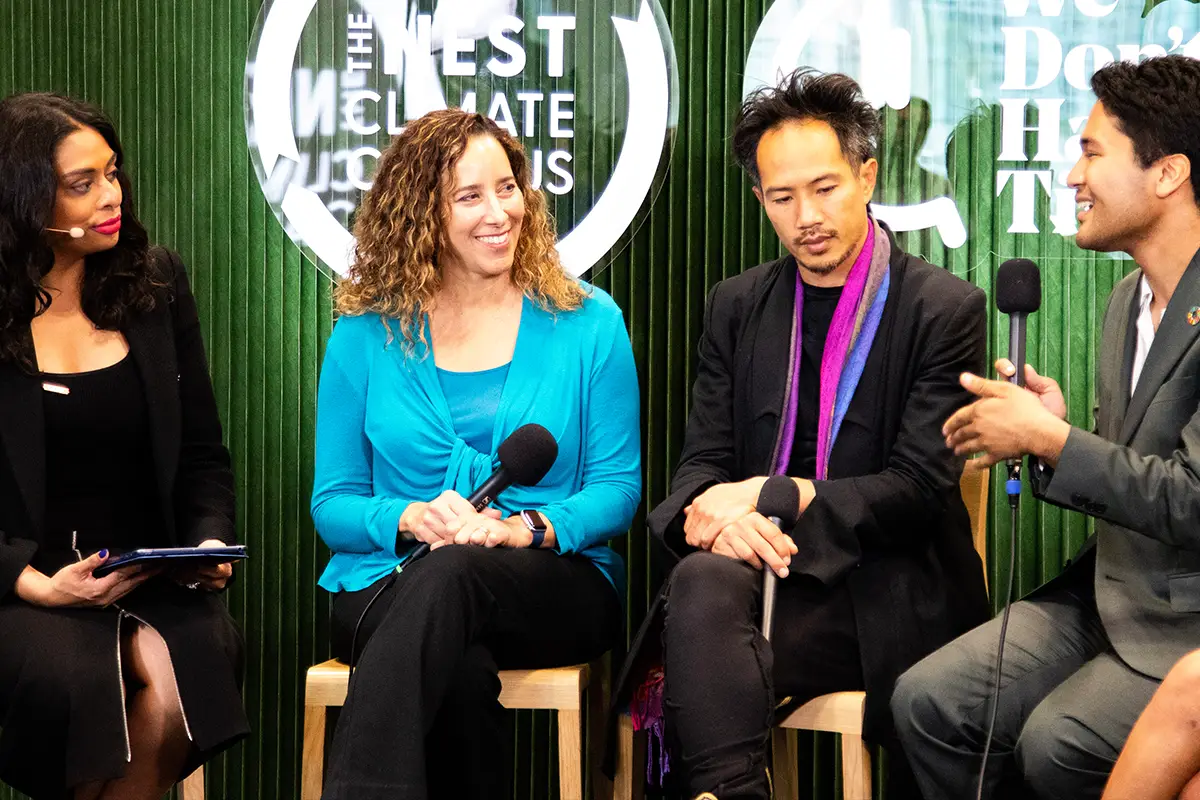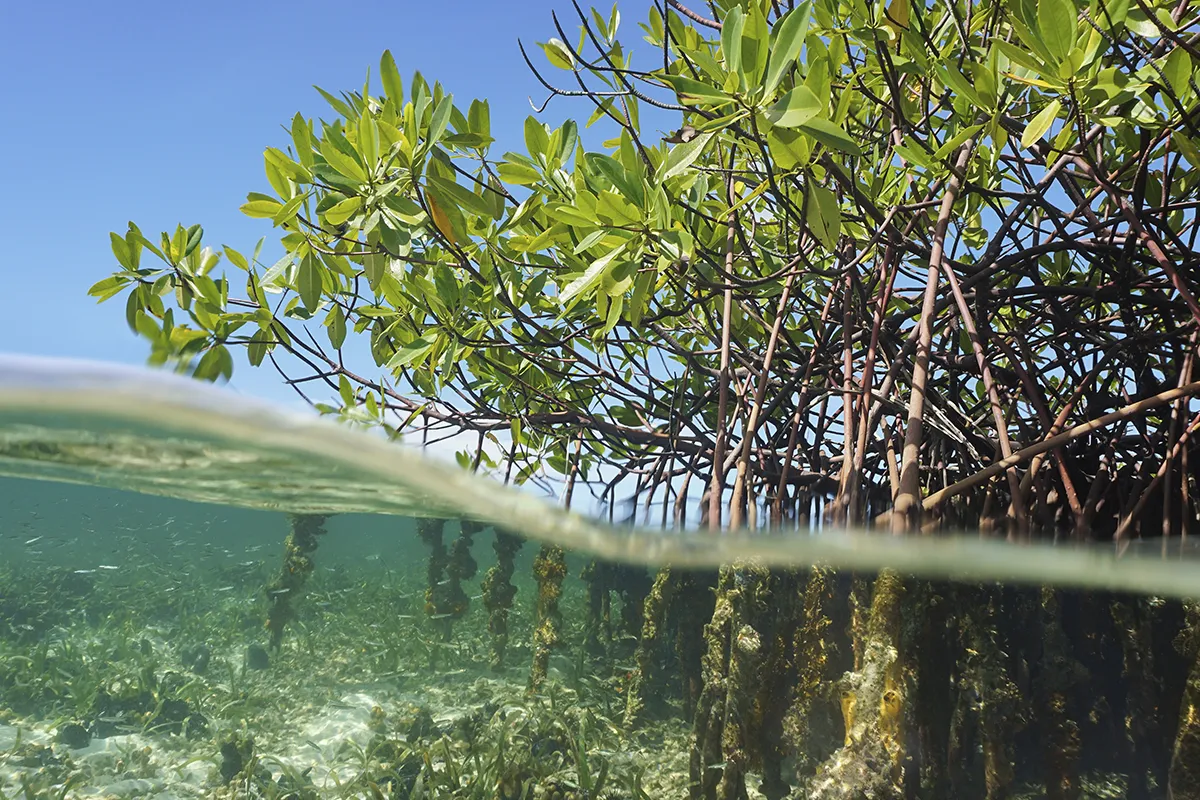Here’s How Seed Banking Can Help Solve Climate Change

We already know that trees are key to solving our climate crisis. Forests offer one of the safest, cheapest, and fastest ways to remove carbon from the atmosphere.
But not all forests are created equal. Biodiverse, native forest ecosystems absorb many times more carbon than monoculture tree plantations. That extra carbon counts. Even if we dramatically slash emissions from fossil fuels over the next 10 years, we’ll need to clean up the carbon that’s already out there.
Restoration of native forests is our best hope for reversing climate change, but it comes with a serious bottleneck: seed supply.
The world doesn’t have enough of the right kind of seeds, available in the right places, to reforest the planet at the scale our climate crisis demands. As the popularity of reforestation grows, global commitments to tree planting have far outpaced the current supply of native seeds. This shortage hobbles restoration efforts and diminishes biodiversity.
Most forestry projects tend to collect seeds only for the coming year, with no surplus to account for seasonal fluctuations and disruptions in availability — which the climate crisis is making worse.
Foresters rely on imported seeds, and farmers rely on patented seeds from centralized operations in places like the US and Australia. This makes it hard to find the varieties they need. Too often, project managers grow the species that are readily available, rather than the ones necessary to restore a complex biological system and achieve maximum carbon capture.
We urgently need to solve this problem. By enabling local communities to gather, process, and store seeds that are native to their regions, we can clear a path to reversing climate change.
This is where seed banking comes in.
Terraformation is building a decentralized network of off-grid seed banks capable of operating in the most remote reaches of the globe.
Built inside a 40-foot shipping container and powered by solar panels, our seed banks contain everything needed to collect, process, dry, and store seeds. Each unit can store up to 10 million seeds — enough to regenerate 15,000 acres of degraded land over a ten-year period.
.webp)
With the help of sponsors, Terraformation is enabling the construction of seed banks in places like Ecuador and Tanzania, where our partners are working to restore forests. We’re also working with Botanic Gardens Conservation International to establish seed banks in botanic gardens around the world.
The benefits go far beyond carbon sequestration. When communities have seed banks, they can select species best suited for their local ecosystems. That translates into better tree genetics, improved habitat, cleaner water, and more sustainable farming.
Terraformation’s seed banks enable local residents to engage directly in restoration efforts — establishing “seed sovereignty” that delivers better outcomes for people and the planet.
If we do it right, large-scale reforestation will do more than draw down carbon: it will nurture ecosystems, bring back wildlife, and cultivate community resilience.
And it all starts with a seed.
Take action:
















